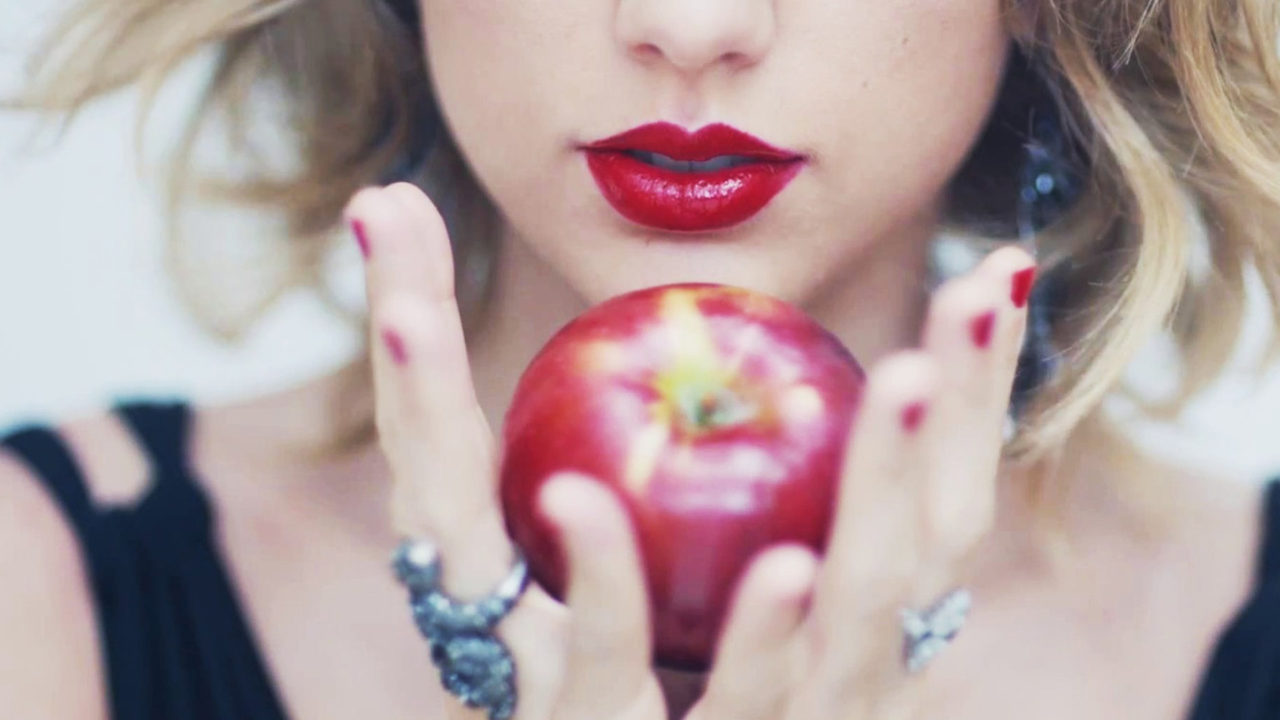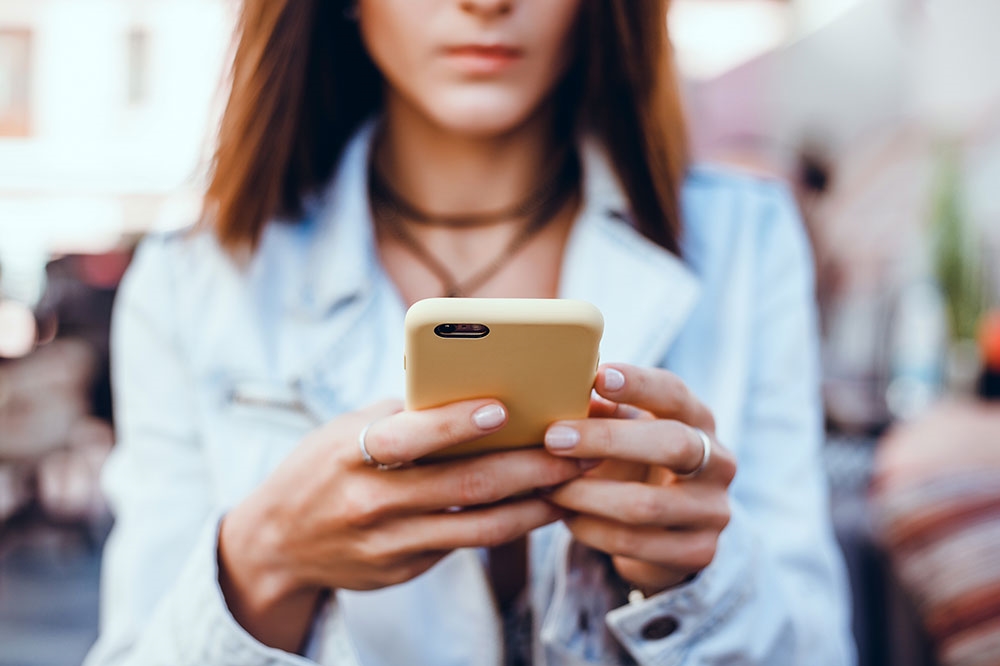Apple Caves on Apple Music Trial Royalties Following Pressure from Taylor Swift

Apple has long professed its love for music, and it’s well known that the company was instrumental in changing the music industry forever with innovations like the iPod and iTunes Music Store. But this week music and Apple collided in a less-than-friendly manner, when pop superstar Taylor Swift publicly took Apple to task for the company’s stance on royalty payments during the initial free trial period of the upcoming Apple Music service. In a surprising move, Apple SVP and iTunes Chief Eddy Cue revealed late Sunday that the company would change course.
The issue began when Apple first announced Apple Music during the WWDC keynote on June 8th. Although Apple is not planning to offer a free ad-supported tier like several of its competitors do, Apple announced that Apple Music would be free for everyone for the first three months of its availability, which starts June 30th.
Apple hoped this free introductory trial period would help it catch up in an industry that has been dominated by other companies for years, and give users of competing services the chance to try Apple Music with no cost of entry. But, in a controversial move, Apple revealed that it would not pay any royalties to artists during the trial.
The company justified this position by arguing that its standard royalty rates — the ones that would kick in following the 3-month trial period — are a few percentage points higher than those paid by competitors like Spotify and Rdio, and that any lost revenue during the trial would be more than made up for once the service, Apple hopes, takes off.
Despite Apple’s promises of better long-term revenue, the company’s stance on denying artists royalties during the trial was met with significant criticism. Although many artists and labels quickly agreed to Apple’s terms, there were rumblings of coercion, with some artists claiming that they feared retaliation from Apple, such as removal of their tracks from the traditional iTunes Store, if they did not sign up to include their songs in the Apple Music catalog. Apple denied any allegations of coercion or retribution for artists, but some artists felt that it would never be wise to say “no” to Apple.
The most influential of those artists opposing Apple’s terms was Taylor Swift, who is accustomed to protecting the value of her work in the face of the ever changing digital music industry. Late last year, Ms. Swift severed her ties with Spotify, preventing subscribers of the service from streaming any of her songs or albums. This move was preceded by an op-ed the pop star wrote in The Wall Street Journal, in which she argued that streaming music services, especially those with ad-supported free tiers, don’t properly value artists’ work.
Last week, Ms. Swift turned her guns on Apple, arguing in a Tumblr post titled “To Apple, Love Taylor” that the company’s plans to not pay royalties during the Apple Music free trial period was a bad move, and that she’d be withholding her latest and most popular album, 1989, from Apple Music indefinitely.
Perhaps not surprisingly, Ms. Swift’s message was quickly shared by tens of thousands of fans and widely reported in the media. More unexpected, however, was the quick response from Apple.
Late Sunday night, Eddy Cue took to Twitter to address the controversy. “#AppleMusic will pay artists for streaming, even during customer’s free trial period,” Mr. Cue wrote. He followed in a subsequent tweet: “We hear you @taylorswift13 and indie artists. Love, Apple.”
There is currently no official press release from Apple explaining Mr. Cue’s tweets in greater detail, so it’s unknown at this time if there are any caveats or conditions that artists must meet, or if the royalty rate Apple now intends to pay during the Apple Music trial period will be the same as that paid when the service begins paid subscription operations.
Regardless, Apple’s response appears to have placated Ms. Swift, who later tweeted: “I am elated and relieved. Thank you for your words of support today. They listened to us.”
Apple Music is set to launch next Tuesday, June 30th alongside the iOS 8.4 update. The service will be accessible via the Music app in iOS, iTunes for OS X and Windows, and, later this year, via a dedicated Android app. Following the 3-month trial period, Apple Music will cost $9.99 per month for individual accounts, and $14.99 per month for a family plan accommodating up to six users.















